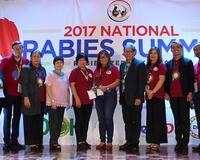Media
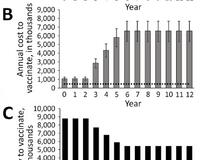
A planning tool for eliminating human rabies deaths through mass dog vaccination
An online tool has been developed by US CDC, based on their GDREP framework, to help users to estimate the time and overall costs required to achieve the elimination dog mediated human rabies deaths by 2030.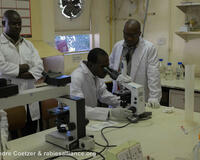
Why do countries need capacity building support?
Editorial for the February 2018 newsletter. Capacity building is an essential component of the work of many international organisations and NGOs, including GARC.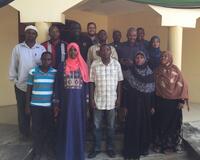
Taking the steps to eliminate canine-mediated human rabies on Unguja island, Zanzibar
A new planning tool was launched during a review workshop to support the strategic island-wide dog vaccination project in Zanzibar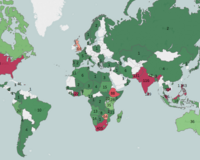
The power of free online courses
GARC’s educational platform continues to expand awareness about rabies and how to control it around the world.
Raising money with the hope to end rabies
As the year closes, GARC would like to extend a special thanks to all of our individual donors and fundraisers who have supported us in 2017.
Editorial: Uniting global strategies and regional activities to support rabies control
The new United Against Rabies collaboration by global health leaders and the new international guidance for rabies prevention and treatment from WHO will have little impact without the efforts of those boots-on-the-ground, everyday people who are leading local and regional rabies control efforts.
World Rabies Day events raise global awareness of rabies prevention efforts
To support its goal of “Rabies: Zero by 30”, GARC called on governments, organisations and individuals to hold events for World Rabies Day 2017; This resulted in 229 events being held in 56 countries.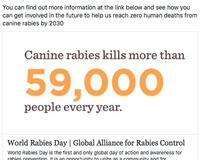
World Rabies Day social media campaigns captured a global audience
On World Rabies Day, GARC reached 70,000 people through Facebook and Twitter, and throughout the month of September alone, over 150,000 people viewed our social media content.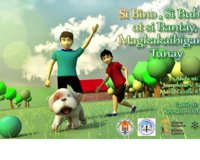
Starting them young: GARC and Knowledge Channel partner for rabies education
Knowledge Channel Foundation, Inc. (KCFI) and GARC have teamed up in the Philippines to develop educational videos, e-learning modules, and teaching guides as part of their ongoing work to educate children about rabies.